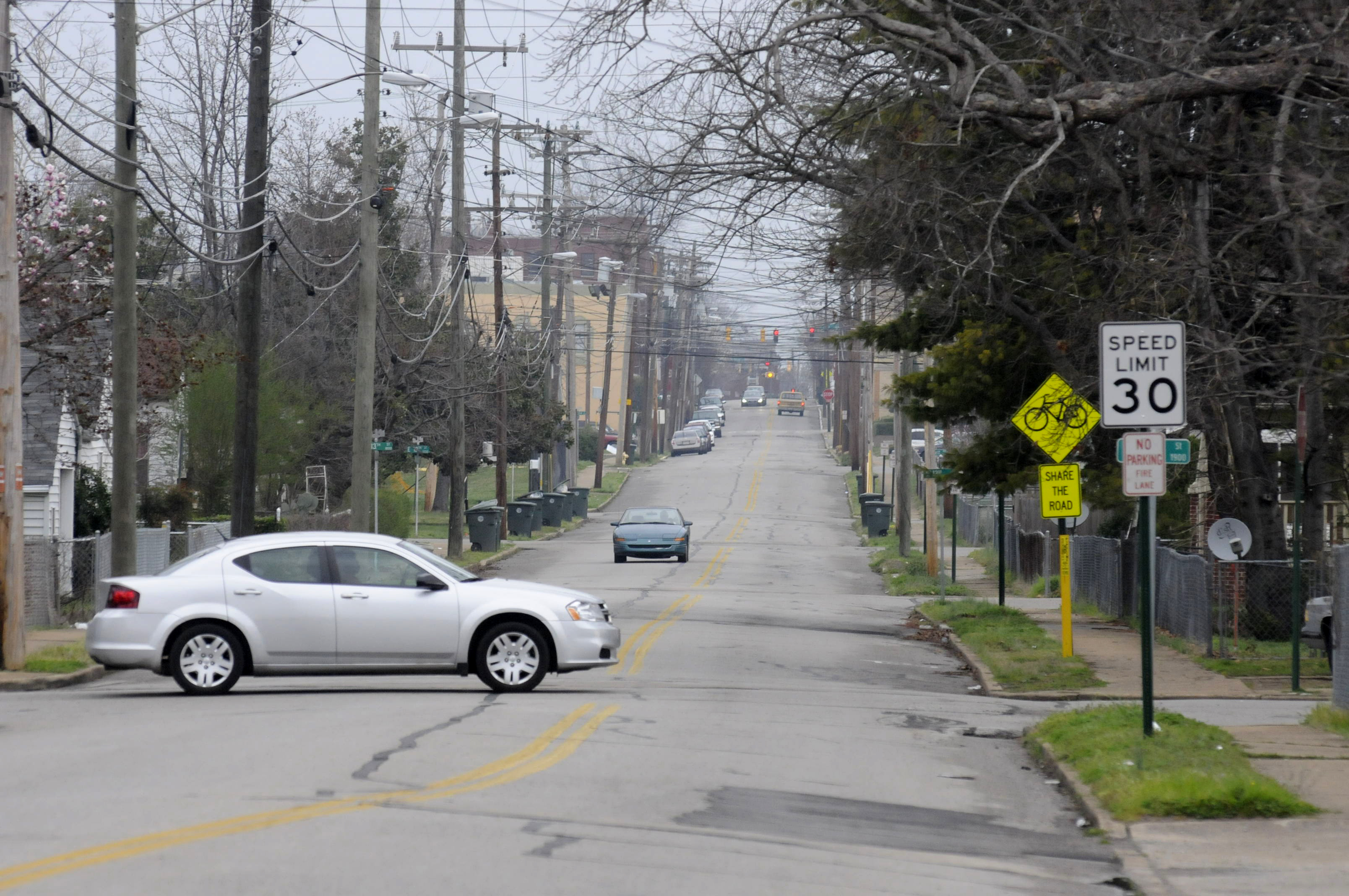BY THE NUMBERS• 2,600: Number of unique streets in Chattanooga• 2,300: Miles of road in Chattanooga• $2 million: Allocated to paving management last year• $5 million: Paving request for the coming yearSource: Chattanooga
Shawn Malone knows the roads in Chattanooga.
He and his wife routinely ride their sports bikes up and down city streets and main roads. He has a 1967 Volkswagen Beetle that he made into a lowrider and it feels every bump.
The good news is Malone doesn't feel many bumps in the roads around Chattanooga.
"I've seen a lot of other places where the roads are a lot worse," he said. "But there's some places that need attention."
The city plans to try to keep Malone's rides and other motorists as smooth as possible by using a new scientific method to categorize roads and stretch city dollars as far as possible to get and keep them in the best condition.
The Department of Public Works began gathering data on all Chattanooga roads almost four years ago.
Ground sonar, videotaping and observation were used to compile information on the condition of every single road in Chattanooga - more than 2,300 miles.
"The goal here is the right treatment at the right time," said Lee Norris, deputy administrator for Public Works.
The information will come into play for the first time in the next annual city budget, which the City Council will begin assessing after Mayor Ron Littlefield releases it in May.
Public Works Administrator Steve Leach said the department is optimistic about next year's paving season and is reaching out to the council.
"We're hoping to get additional money this year," he said.
Public Works will be asking for $5 million in pavement management money this year compared to $2 million last year. For almost eight years, the department lived on a $1 million annual allocation.
Norris said each city road was divided into as many as 9,000 sections for the data collection. That is a better way to measure which parts need maintenance and which are in good shape, he said.
"We need to focus on the individual segments or sections of a road rather than the entire road," Norris said.
A computer program will crunch the data and offer choices on the best way to maintain each section based on a score from zero to 100, he said.
Ed Tate, the city's pavement management manager, said the new data is a way to show the best roads, the worst roads and those in between. He said the city wants to concentrate on roads in the middle of the scoring, because it's more cost efficient to maintain them before they deteriorate.
"We're trying to get away from 'worst first' because the cost of fixing those roads is so huge you may not get the best benefits out of it," he said.
The city recently paved a section of Citico Avenue using an alternative method with liquid asphalt. In the upcoming months, the city plans to pave sections of 28th Street and Orchard Knob Avenue near Tennessee Temple University, city officials said.
The department also has gotten past its history of paving roads based upon political influence, Norris said.
"We'd divide it up by district, and made sure everyone got a little piece of their pie," he
Katherine Bruner, who lives in North Chattanooga, has been driving the roads in Chattanooga since 1974 and has seen a lot of changes for the better in road conditions.
"They've made incredible improvements in the last 35 years," she said.
She said the new data should be another improvement. She said she has been happy with how Public Works deals with roads.
"Problems come up and they deal with it," she said.

